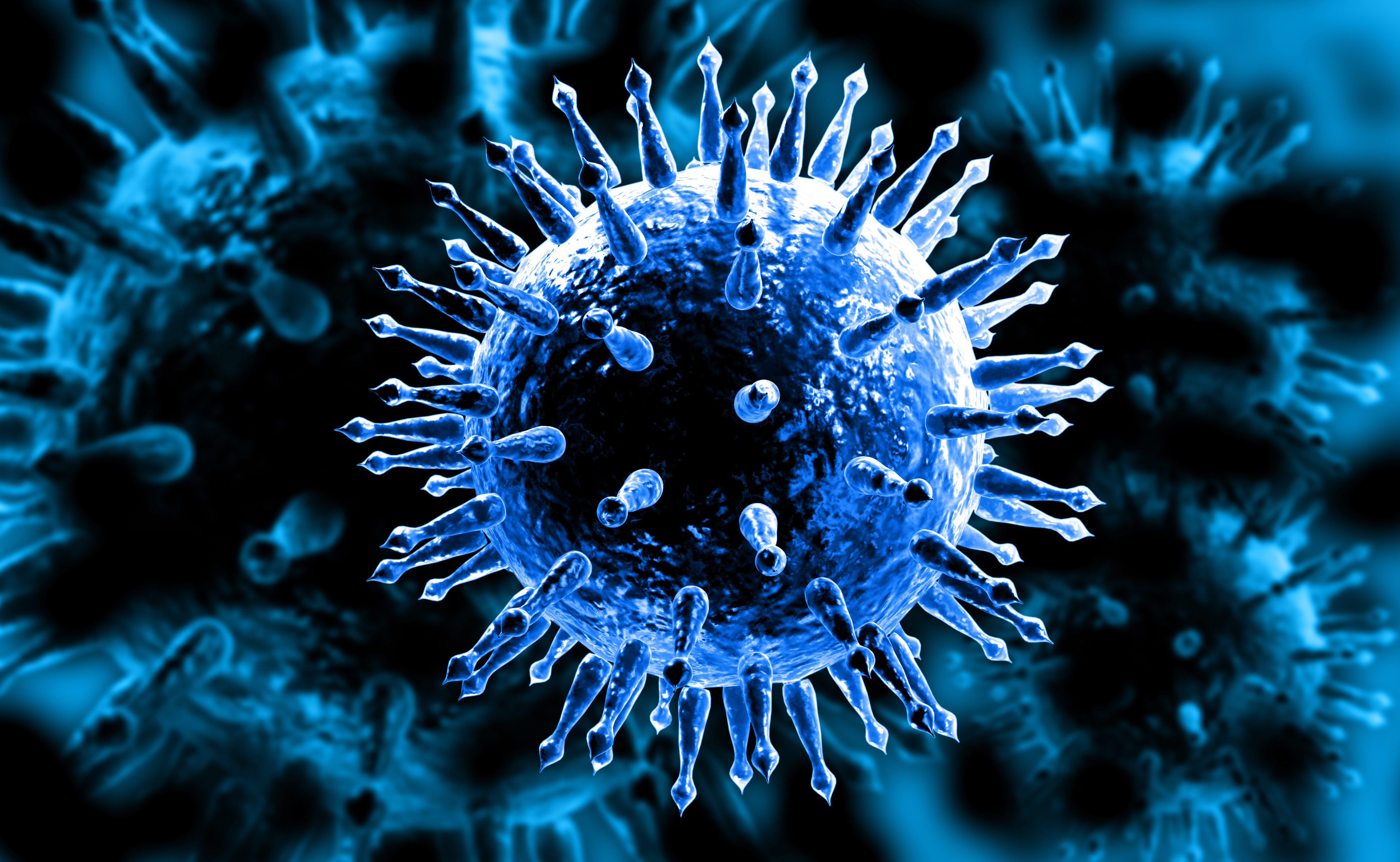



Pirbright study creates swine flu antibodies that can improve human flu vaccine
The Pirbright Institute has generated the first pig antibodies against swine flu that could improve human health treatments and guide flu vaccine selection.The Pirbright Institute has generated the first pig antibodies against swine influenza (flu) that protect against infection and recognise the same parts of the flu virus as human antibodies. This indicates they could be used to develop and assess human antibody therapies and their delivery methods. The pig antibodies also have the potential to improve how flu virus evolution is monitored and inform decisions about annual flu vaccine selection.

Antibodies form a vital part of the immune system’s response and help to fight off infections by latching on to important parts of invading microorganisms to neutralise them. In the case of flu viruses, many antibodies target a protein on the surface of the virus called haemagglutinin, which then prevents the virus from entering cells and replicating.
Pirbright scientists worked in collaboration with the University of Oxford, The Francis Crick Institute and The Pirbright Livestock Antibody Hub to generate pig antibodies in the laboratory (known as monoclonal antibodies, or mAbs). These are the first pig mAbs to be generated which target the influenza virus.
These mAbs recognise the same two main sites of the flu virus haemagglutinin protein that are targeted by human antibodies, and were found to be just as effective at neutralising the swine flu strain that caused the 2009 pandemic. Pigs that were treated with one of the mAbs prior to infection were protected from severe disease and the flu virus was eliminated from their lungs. This indicates that the mAbs have great therapeutic potential and could be used to evaluate mAb delivery methods.
Ferrets are commonly used as models to monitor flu virus evolution and to design or select vaccines that will provide the best protection against human seasonal flu strains. However, ferret antibodies only recognise one of the two main haemagglutinin sites that human antibodies target. The findings in the study, published in PLOS Pathogens, demonstrate that pig mAbs are more closely matched to human antibodies and could therefore improve the reliability of human vaccine selection.
Dr Elma Tchilian, Mucosal Immunology Group Leader at Pirbright, said: “These data demonstrate that pigs and humans, which are both natural hosts for influenza viruses, generate very similar immune responses. This makes the pig an excellent translational model for testing novel vaccines and monoclonal antibody delivery methods.”
Professor John Hammond, leader of The Pirbright Livestock Antibody Hub, added: “These results are a fantastic demonstration of how The Pirbright Livestock Antibody Hub can promote the use of new tools and methods, providing the opportunity to examine detailed antibody responses to inform the next generation of vaccines and therapies. This work reinforces the use of pigs as powerful model to predict human responses in infection and vaccination.”







